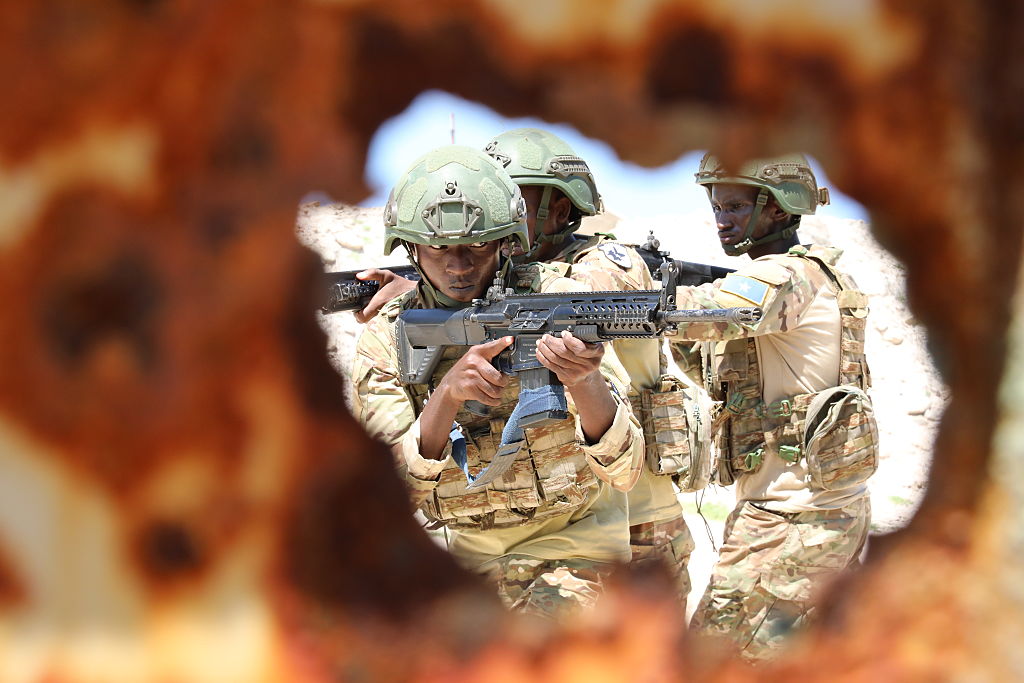Excerpt
Over the past decade, Turkey has dramatically expanded its diplomatic, economic, and security footprint across Africa. Ankara presents itself as an alternative to traditional powers—namely, the United States, France, Russia, and China—in matters of development, alliance-building, and military cooperation. Many African states have embraced Turkish President Recep Tayyip Erdogan’s “pivot to Africa,” echoing his populist refrain that “the world is bigger than five,” a jab at the U.N. Security Council’s permanent members.
Turkey’s Africa policy has won generous praise. Erdogan’s allies tout the so-called “Ankara process”—Turkey’s mediation between Ethiopia and Somalia in 2024—as evidence of Ankara’s growing influence. Others highlight Turkey’s network of more than 30 embassies opened across Africa since 2002 as proof of its sustained strategic investment, despite its “middle power” constraints. Some analysts have even proposed that Washington cooperate with Turkey to counter Russian and Chinese influence.

